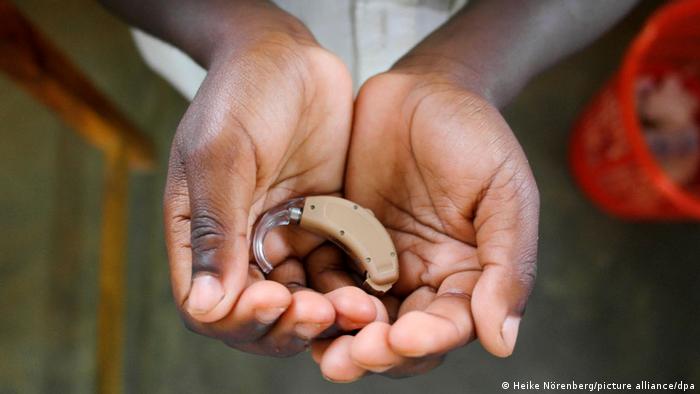NURSES are today set to reveal a ‘historic’ strike ballot, with walk-outs expected this winter.
More than 300,000 union members have been urged by the Royal College of Nursing (RCN) to vote for strike action in the union̢۪s biggest strike ballot.
The results are expected to be announced later today.
The ballot marks the first time the union has balloted all UK members for strike action in its 106 year existence.
In the lead up, the Government said it has plans in place to deal with any industrial action by nurses.
Health workers in other unions, including ambulance staff, hospital porters and cleaners, are also voting on industrial action over pay.
Cabinet Office Minister Oliver Dowden said in the event of strikes, the NHS would prioritise the most essential services – although he acknowledged that it would have an impact on other activity.
“We have well-oiled contingencies in place and the Department of Health is across how we would deal with a scenario like this should it arise,†he told Sky News’s Sophy Ridge On Sunday programme.
“We will make sure we prioritise the most essential services – emergency services and so on. But of course there would be an impact as a result of a strike like that.
“I would continue to urge nurses and others to resist going out on strike even if they have voted to do so. We have already agreed quite considerable support for nurses.
“Of course, if you are in the situation where you have a large number of nurses going out on strike, of course that is going to have an impact for example on some elective surgery and other activities.â€
If nurses take to the picket lines then a ‘life-preserving care model’ will be activated.
This would result in the cancellation of thousands of operations.
Some of the most serious cancer cases could be treated, while urgent diagnostic procedures and assessments will be staffed if they are needed to gather data on potentially life-threatening conditions or those that could lead to permanent disability.
The strike comes after NHS waiting lists hit a new record high, breaching 7million for the first time.
The figures for August are the highest since records began in 2007.
It means one in eight people are waiting for NHS ops, like knee and hip replacements.
Of those on the waiting list, a staggering 390,000 have been forced to wait over a year for treatment – up from 377,689 at the end of July.
The figures also show the number of people left waiting more than 12 hours on trolleys in A&E hit 32,776 in September – the highest level since August 2010 and up from 28,756 in August.
The RCN negotiates the level of care it will provide with individual NHS services.
An RCN spokesperson said: “Cutting nurses’ wages by 20% since 2010 is the opposite of providing ‘considerable support’ for nurses and the Cabinet Office Minister shouldn’t insult our members by pretending it is.
“The minister appears in denial about both the anger of nursing staff and the public support we have.”;
A Department of Health and Social Care spokesperson said: “We value the hard work of NHS staff including nurses, and are working hard to support them – including by giving over one million NHS workers a pay rise of at least £1,400 this year as recommended by the independent NHS Pay Review Body, on top of 3% last year when pay was frozen in the wider public sector.
“Industrial action is a matter for unions, and we urge them to carefully consider the potential impacts on patients.”;




